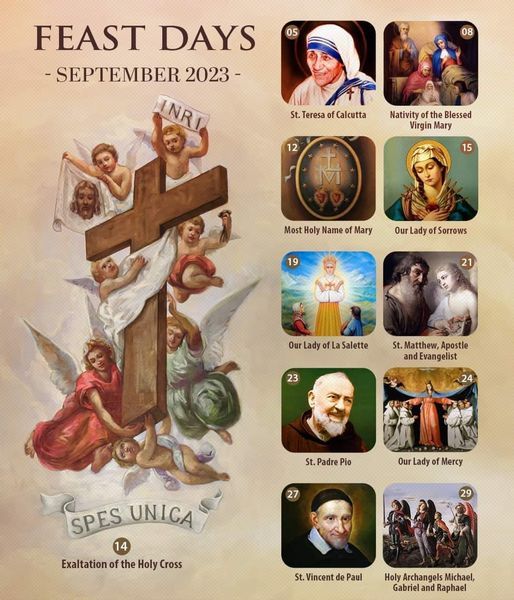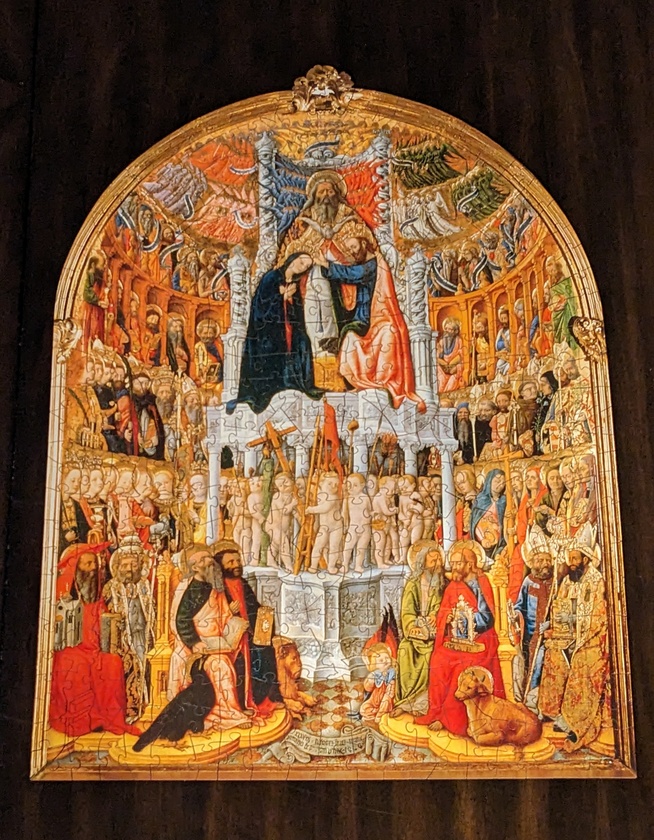Last weekend my family made the two hour drive from South Bend, Indiana to visit the Shrine of Christ's Passion in St. John, Indiana. This was the second of our family's quarterly pilgrimages, which is a new tradition for our growing family. Earlier this year when visiting family in Florida we made a pilgrimage to the National Shrine of Our Lady of La Leche in St. Augustine, Florida, which was our first pilgrimage as a family since my son was born in March of 2022.
Importance of Pilgrimages
We decided to add quarterly pilgrimages to our family's "Catholic New Year's Resolutions" at the end of Advent in 2022 as a way to transform our family vacations into conforming more with our desire to outwardly express our family's love for the Catholic faith. We bought Monuments, Marvels, and Miracles: A Traveler's Guide to Catholic America by Marion Amberg, and started plotting out some potential places to visit near by and further away.


















